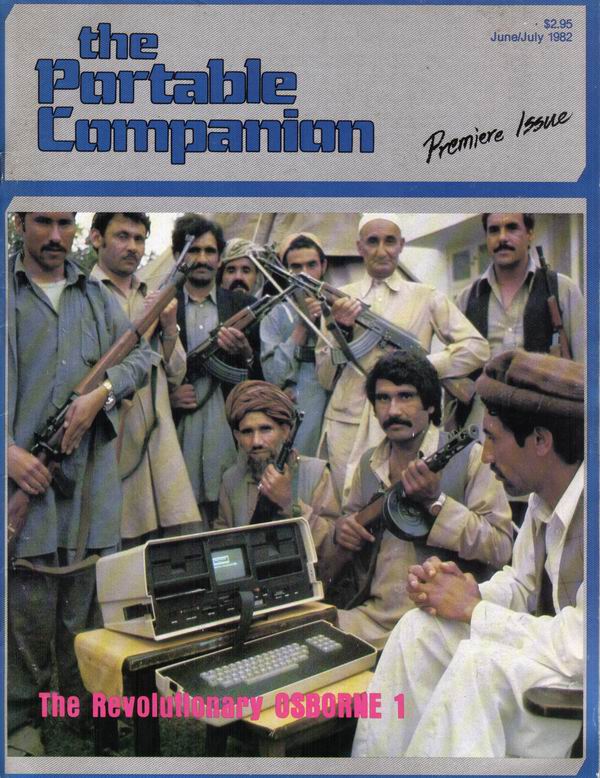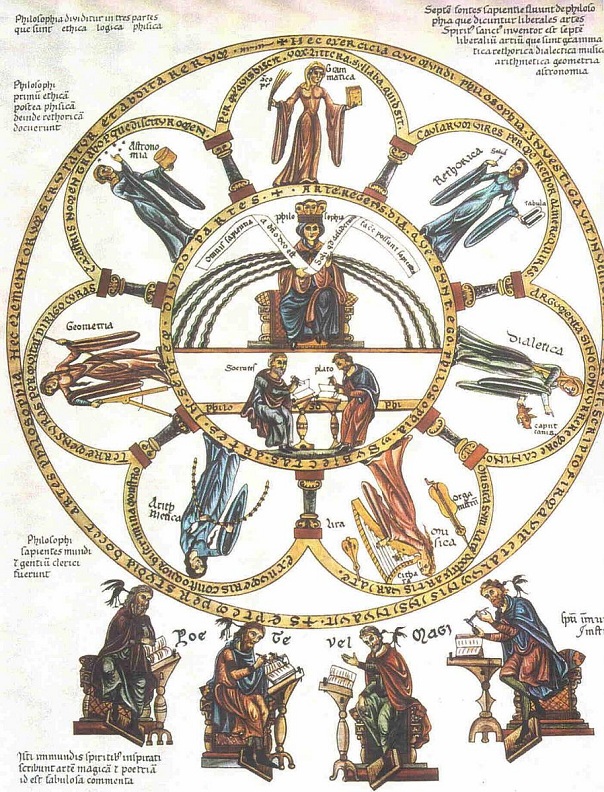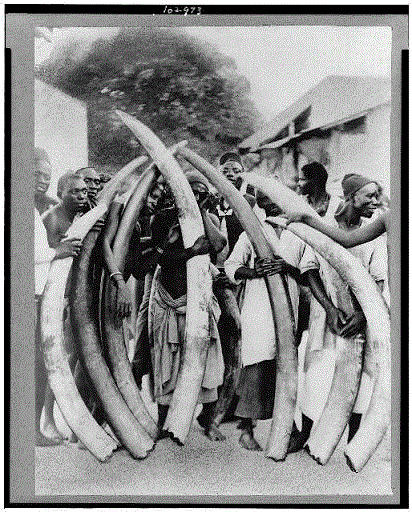[ cross-posted from Zenpundit — war, reading lists ]
Not exactly delighted by the reading list recently provided by the inbound Chairman of the Joint Chiefs, Carl Prine at Line of Departure will be offering a “weekly discussion about how one might know one’s self” – Sun Tzu suggests that such knowledge is of value to the professional soldier — via texts other than the “middlebrow books of a recent vintage, pulp paperbacks” of the Army’s recommended readings.
Today he opened with an essay on the First World War poet Siegfried Sassoon, and quoted the final paragraph from Sassoon’s Memoirs of a Fox-Hunting Man:
And here I was, with my knobkerrie in my hand, staring across at the enemy I’d never seen. Somewhere out of sight beyond the splintered tree-tops of Hidden Wood a bird had begun to sing. Without knowing why, I remembered that it was Easter Sunday. Standing in that dismal ditch, I could find no consolation in the thought that Christ was risen. I sploshed back to the dug-out to call the others up for “stand-to.”
I could only respond with a passage that I first encountered, likewise, on a blog – Pat Lang‘s Sic Semper Tyrannis – from Sassoon’s friend and fellow poet of the Great War, Wilfred Owen:
For 14 hours yesterday, I was at work-teaching Christ to lift his cross by the numbers, and how to adjust his crown; and not to imagine he thirst until after the last halt. I attended his Supper to see that there were no complaints; and inspected his feet that they should be worthy of the nails. I see to it that he is dumb, and stands mute before his accusers. With a piece of silver I buy him every day, and with maps I make him familiar with the topography of Golgotha.
And I think to myself how much more power there is in either one of those paragraphs, than in that quip about “no atheists in foxholes”.
* * *
It’s not a matter of one of those “God or no God” debates in which some clergyman might triumph over some atheist, or vice versa, on TV or at the town or village hall. It’s a matter of cultural riches, of having a reference base of image and story that’s strong enough to express the horrors of Passchendaele or the Marne in a way that speaks to the hearts of those who were not there — and of those who will find themselves there, all too really, in other times and other lands.
It’s about narrative deep enough to go with you to Golgotha and back. It’s about the words, and about the furnace.
Prine himself puts it like this:
I care only of your soul and how it might be fired in the smithy of this blog and then hammered by your experiences in the coming years.
Our culture is the smithy.



